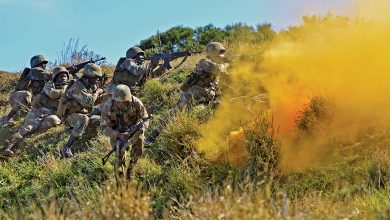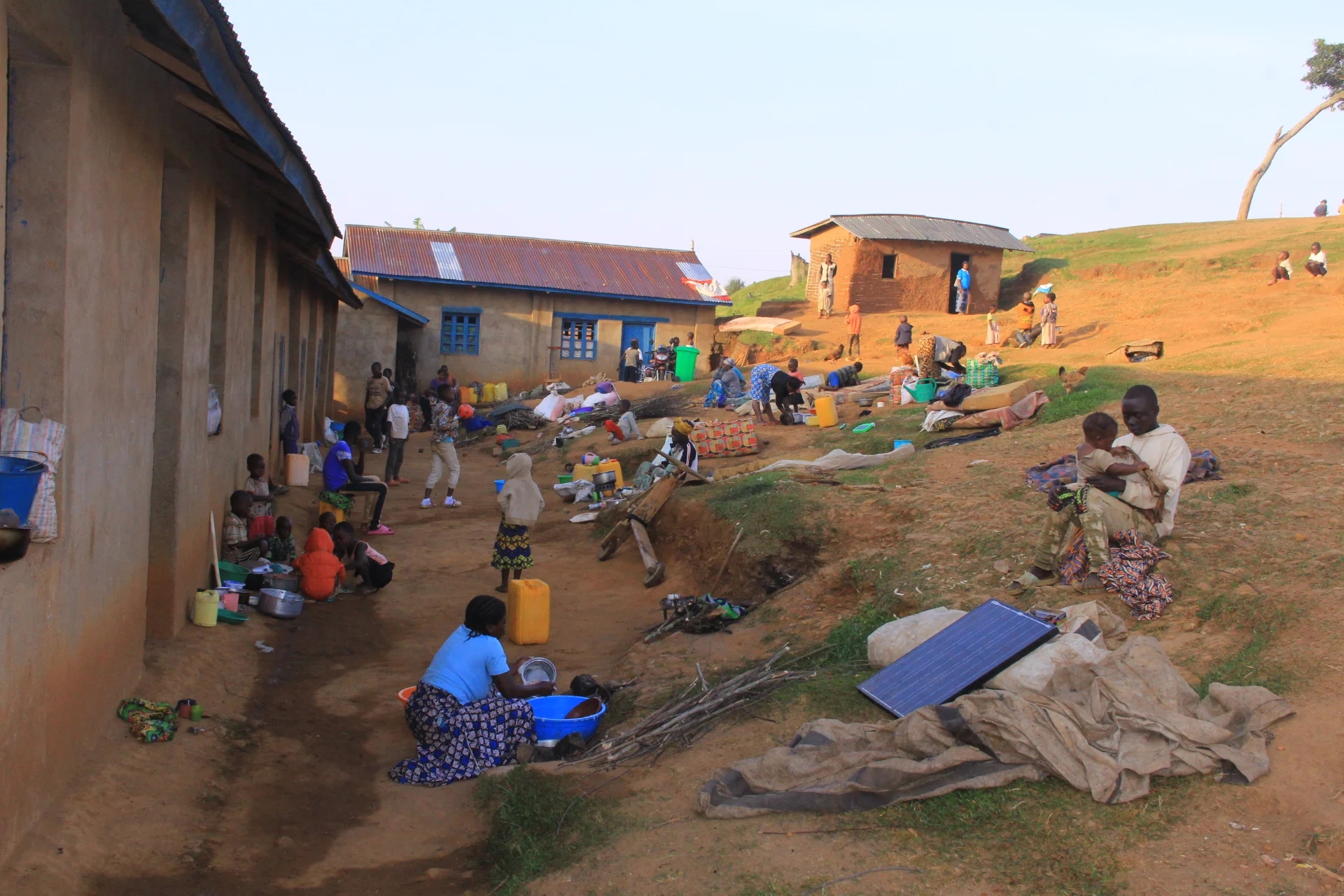Militias in the Crossfire: DRC's Dangerous Gamble with
Abusive Forces in the Fight against M23
In the eastern Democratic Republic of the Congo (DRC), the
roar of gunfire and the clatter of military gear punctuate the chaos as
makeshift militias patrol towns like Sake. These fighters, a mix of ragtag
soldiers and child combatants, are armed with assault rifles and grenade
launchers, blending civilian and military attire. They are part of the Alliance
of Patriots for a Free and Sovereign Congo (APCLS), a group notorious for severe
human rights violations.
Commander Gilbert of APCLS asserts their mission is driven
by suffering and a desire to protect their people. Over the past year, the
Congolese military has increasingly relied on such militias as proxies against
the M23 rebel group, which, bolstered by Rwandan troops, has captured substantial
territory in eastern DRC.
The militias, collectively known as Wazalendo, have been
enlisted due to the Congolese army's dysfunction and lack of motivation, which
has led to prosecutions for desertion among its ranks. However, these militias,
some of which have previously clashed with one another, are exacerbating human
rights abuses and employing numerous child soldiers, undermining efforts to end
their recruitment.
UN experts argue that these militias use the Wazalendo
moniker to legitimize their existence and criminal acts, expanding their
territory and exploiting civilians. The transfer of weapons from the Congolese
army to these groups undermines previous disarmament efforts and risks
deepening regional conflicts.
Despite forming alliances with southern African troops,
Burundian soldiers, and private contractors, DRC's campaign against M23 has
largely failed, with the rebels expanding their control this year. This escalation
has displaced 1.7 million people and increased casualties, particularly among Wazalendo
fighters and children.
Wazalendo groups emerged in mid-2022 to unite against M23,
perceived as a foreign threat. The M23, led by Congolese Tutsi, claims to fight
for the implementation of a 2013 peace agreement, while Rwanda seeks to
influence eastern DRC and combat the FDLR, a militia of exiled Rwandan Hutus.
The Congolese government has supported these militias with
funds, food, and weapons, intending to coordinate their efforts against M23.
Yet, their involvement has led to more abuses and a rise in child soldier
recruitment. President Félix Tshisekedi has acknowledged that these groups,
which lack proper training, may be committing atrocities.
The militias have also increased criminal activities around
cities like Goma, including extortion and violence. The situation has resulted
in a surge of casualties, with medical teams reporting an increase in injuries
among children.
Experts warn that the government's reliance on these
militias, some of which are implicated in severe abuses, could have long-term
consequences. The support for these groups might create future security
challenges and hinder disarmament efforts. As the conflict persists, the DRC
faces a daunting challenge: balancing immediate military needs with long-term
stability and justice.










.jpg)